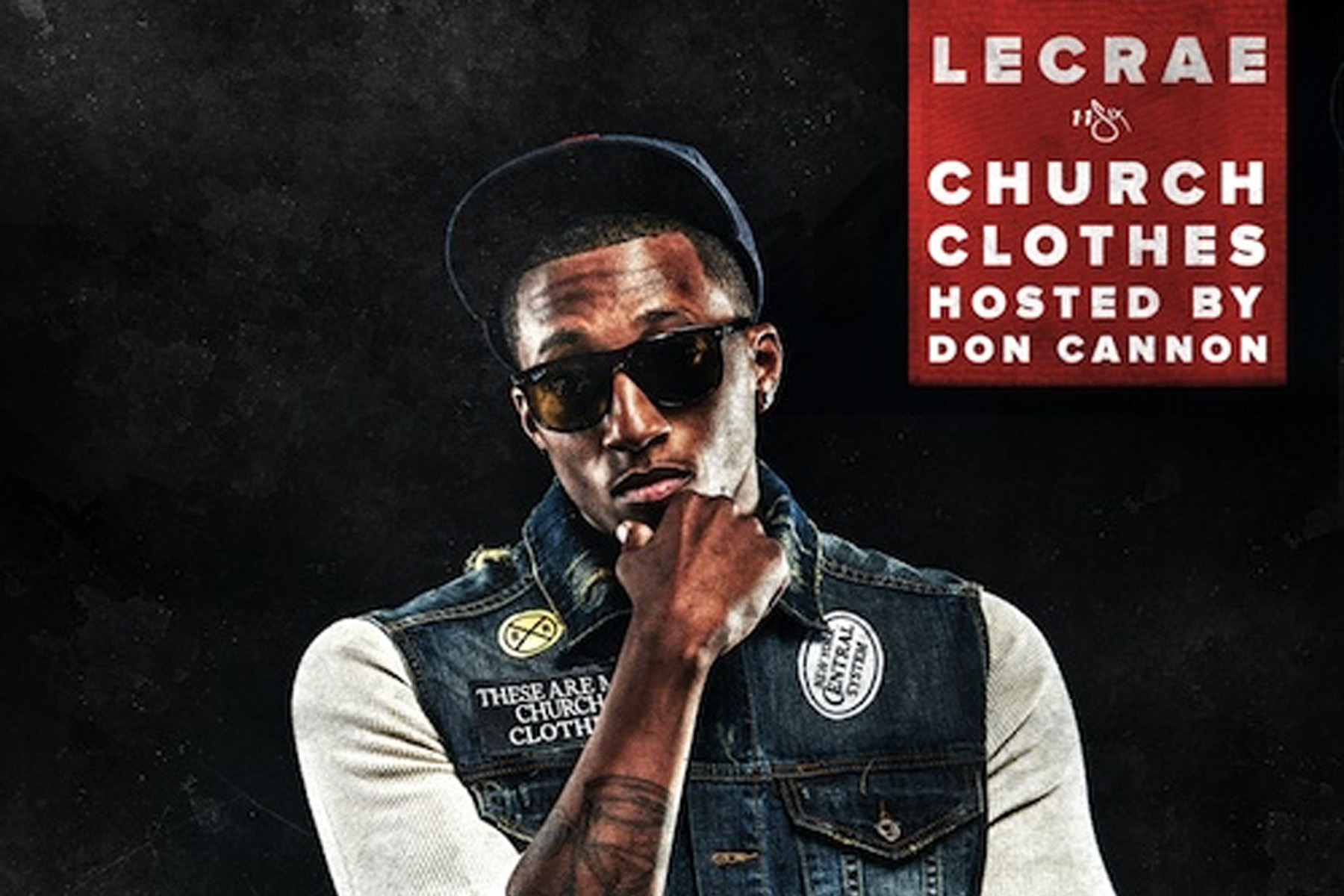
NASHVILLE (BP) — “I’m what happens when Outkast meets the writings of Moses.”
This line, penned by Lecrae in his single “Cosign,” reflects the redemptive collision between hip-hop culture and Christianity.
From the early days of Kool Herc to the celebrated days of N.W.A and the Wu Tang Clan to more recent stars such as Outkast and Kanye West, hip-hop culture has developed a reputation for being uncut and authentic. With sex, drugs and violence dominating the lyrics of these artists, God was an afterthought at best.
Yet, just when hip-hop was at its darkest, something changed. MC Sweet dropped a “gospel rap” album in 1982 that held a stark difference to other popular rap artists of the time such as Grandmaster Flash and the Furious Five whose widely popular album “The Message” is considered one of the best hip-hop albums of all time.
Followed by DC talk and the Cross Movement, the “Christian rap” genre began to catch some notice in the music industry, but it was still dismissed as inauthentic by most in the hip-hop community.
Then came a young man named Lecrae. Filled with passion and theological brilliance, the Houston native burst onto the scene with his early albums such as “Real Talk” (2004), “After the Music Stops” (2006) and “Rebel” (2008). Lecrae was something different to the younger generation, and he quickly gained recognition and admiration in the Christian community. In many ways, his music became a hymn book for those who related to his struggles on the street and his redemption in Christ.
Despite taking the Christian crowd by storm, Lecrae still wasn’t a household name in the hip-hop community. The stigma of inauthentic and “holier than thou” still was attached to the idea of “Christian rap” by the most in the hip-hop community. Determined to break through a seemingly impossible barrier, Lecrae began to shift from the stereotype of being just a “Christian rapper” to the untested fields of being a rapper who happened to be Christian and wasn’t ashamed of sharing it in his lyrics.
Criticized by some in the church for selling out his beliefs and becoming a “worldly” rapper, Lecrae released his first mixtape (an album that normally is distributed for free) titled “Church Clothes” that featured a slew of prominent hip-hop figures. Perhaps the most notable appearance was by DJ Don Cannon, who previously had worked with stars such as Rick Ross, Young Jeezy and The Game. Cannon also was accompanied by appearances from Kendrick Lamar and Bun B.
Downloaded more than 100,000 times in just 48 hours, Lecrae’s mixtape was a huge success in reaching the hip-hop culture and beyond.
After several failed attempts to confront the culture, what made Church Clothes so different? Instead of trying to confront the culture, Church Clothes connected to the culture by addressing true-to-life topics such as racism, poverty and broken homes.
It’s not that Lecrae hadn’t related to the culture in his previous albums, it’s just that this time he addressed it on its own level. Lecrae’s early work was loaded with theological references that certainly appealed to the growing Christian but did not hold the same appeal to non-believers who didn’t have a base to understand the messages in his lyrics.
While acknowledging the culture, Lecrae’s new work didn’t forget Jesus either. He addressed those within the church who criticized his “worldly conversion” in his song “Gimmie a Second”:
“And I ain’t talking bout how Jesus gonna make me a million/ With my hands to the ceiling I got that spiritual feelin’/ Head bowed down, knees to the floor/ You a Christian and you rap? That must be the way you flow – No / I talk reality like mama on her death bed.”
This song and the rest of the album, though reflecting the hip-hop culture, does not compromise to it. It confronts the listener but does not judge the listener. Church Clothes was an authentic hip-hop album with a message that went beyond the walls of a church and within the reality of the streets. As Lecrae would put it, “I’m what happens when hip-hop lets all the saints in.”

















